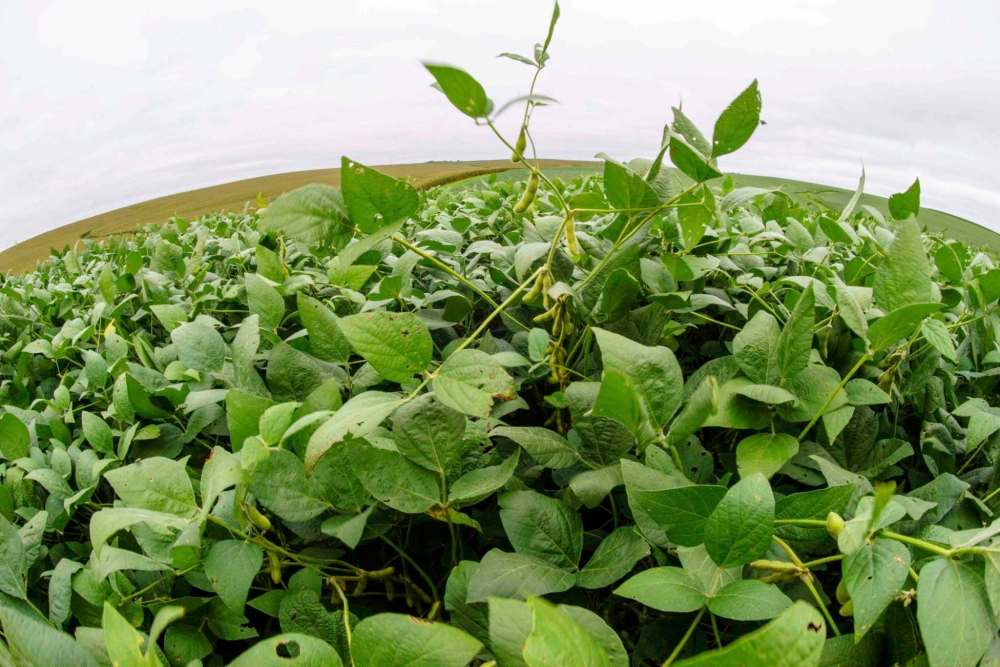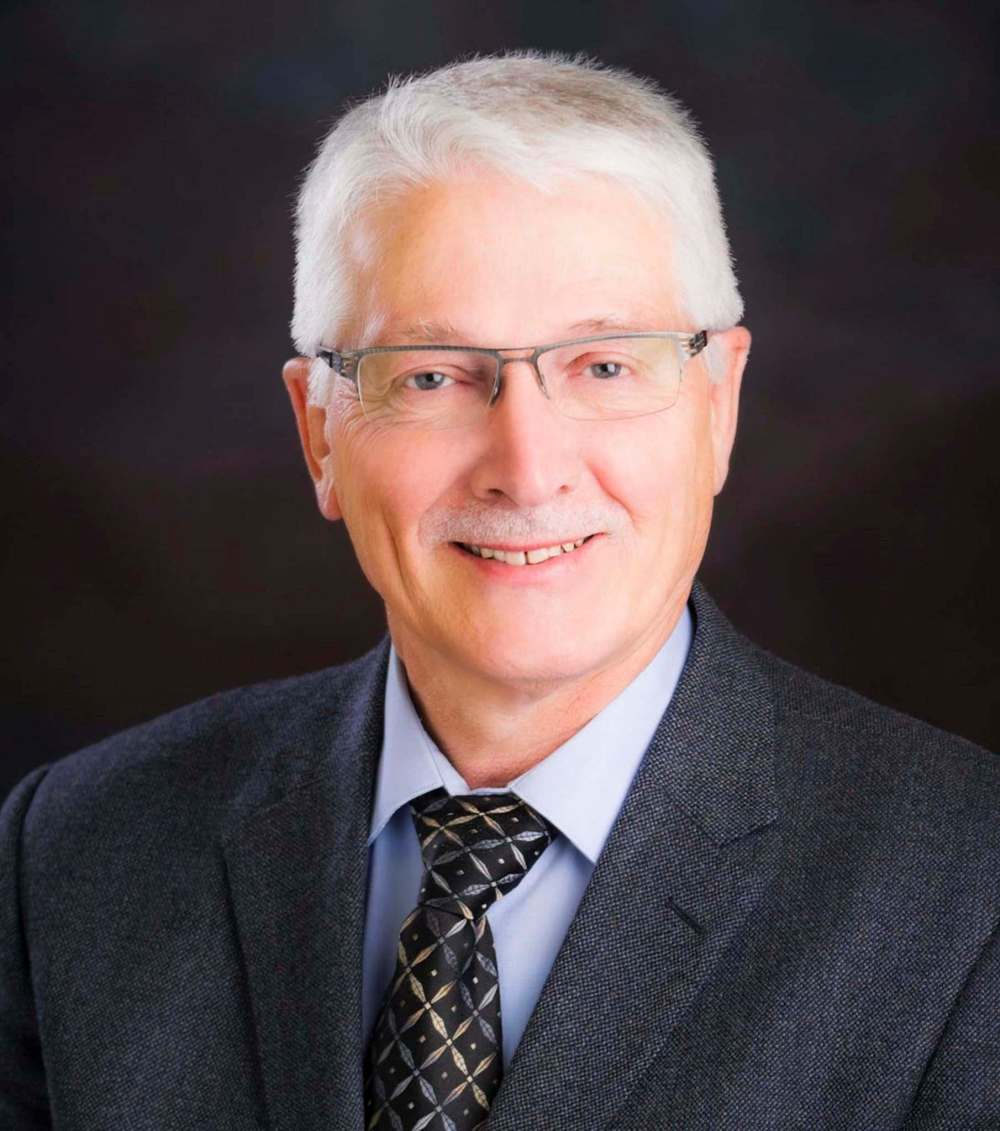Planting the seed for soybean-processing facility
Coalition has raised $150,000 in bid to lure private development
Advertisement
Read this article for free:
or
Already have an account? Log in here »
To continue reading, please subscribe:
Monthly Digital Subscription
$1 per week for 24 weeks*
- Enjoy unlimited reading on winnipegfreepress.com
- Read the E-Edition, our digital replica newspaper
- Access News Break, our award-winning app
- Play interactive puzzles
*Billed as $4.00 plus GST every four weeks. After 24 weeks, price increases to the regular rate of $19.95 plus GST every four weeks. Offer available to new and qualified returning subscribers only. Cancel any time.
Monthly Digital Subscription
$4.99/week*
- Enjoy unlimited reading on winnipegfreepress.com
- Read the E-Edition, our digital replica newspaper
- Access News Break, our award-winning app
- Play interactive puzzles
*Billed as $19.95 plus GST every four weeks. Cancel any time.
To continue reading, please subscribe:
Add Free Press access to your Brandon Sun subscription for only an additional
$1 for the first 4 weeks*
*Your next subscription payment will increase by $1.00 and you will be charged $16.99 plus GST for four weeks. After four weeks, your payment will increase to $23.99 plus GST every four weeks.
Read unlimited articles for free today:
or
Already have an account? Log in here »
Hey there, time traveller!
This article was published 16/08/2017 (3083 days ago), so information in it may no longer be current.
A grassroots effort to attract a world-class soybean processing plant to Manitoba is gaining momentum.
Three more community groups have joined Brandon and Virden in The Westman Opportunities Leadership Group (WOLG), a volunteer coalition which has been working since last fall on attracting a major processing plant to the province.
The new partners are the Neepawa and Area Development Corporation (NADCO) Ltd. and the communities of Carberry and Russell-Binscarth. All three also provided $25,000 in seed money to help support the coalition’s work.

WOLG chairman Ray Redfern said the endorsements are further evidence of the growing community support for such a project. He said the coalition has raised nearly $150,000 in seed money, which will be used to help cover the costs of building a strong case for having a plant built here. It also hopefully will help the coalition secure some federal and provincial grant money for its market-analysis work.
Redfern emphasized the coalition isn’t looking to build a processing plant. Rather, it hopes to convince a private-sector investor or investors — maybe one of the big agribusiness companies who already have soybean-crushing plants elsewhere — to build and operate one.
There are three major soybean processing plants in Canada. They’re in Ontario and Quebec because, until a few years ago, that’s where most of the country’s soybeans were grown.
But that’s rapidly changing. Soybean acreage has skyrocketed in Manitoba in the past five or six years, reaching 2.3 million acres in 2017. That makes it the third-most-popular crop with local farmers after canola and wheat, at 3.1 million and 2.7 million acres respectively.
Combine that with what’s being grown this year in eastern Saskatchewan and the regional total is closer to three million acres, which Redfern argues is enough to support a world-class crushing facility.
Soy Canada, the national group representing soybean producers, seed development companies, exporters and processors, also wants to see a processing plant built in Western Canada to support the region’s fast-growing soybean production.
Interim executive director of Soy Canada Dale Adolphe noted soybeans grown in Western Canada are currently shipped to Eastern Canada, the United States or to offshore markets for processing. A plant in Western Canada would give producers here a “closer-to-home” market for their crops, he said.
“To support that growth in acreage and production, we’re saying that strategically, economically and whatever, it would be nice to have some soybean processing capacity in Western Canada,” Adolphe said.
Redfern also noted soybean meal is one of the main products a processing plant would produce and is a key component in most hog rations. Manitoba is one of the country’s largest hog producers and local producers now must import most of their soybean meal. Having a processing plant here would give them a lower-cost source for their meal and also provide the plant with a nearby market for its meal.
Adolphe said a good-sized plant would process at least 1,000 tonnes of soybeans per day, or close to 500,000 tonnes per year.
He agreed Manitoba already produces that much on its own and a new plant would be getting soybeans from all three Prairie provinces.
Although Soy Canada isn’t endorsing any particular location at this point, Adolphe said Manitoba makes sense because this is where the bulk of the region’s soybeans are being grown.

Francois Labelle, executive director of the Manitoba Pulse and Soybean Growers Association, also isn’t endorsing any particular location. Like Redfern and Adolphe, he said it will be the developer who decides where the plant is built.
Although WOLG officials would ideally like to see one built within the next five years, Labelle is sceptical it will happen that soon.
“We need to see another, say, two to four years of production at these kinds of levels to get people interested in investing the money that’s involved in a facility like this,” he said.
“You’re talking hundreds of millions of dollars… and you want to make sure the production is going to be there in the long term.”
However, Adolphe maintains soybeans are here to stay. He said Soy Canada is predicting acreage in Canada will nearly double to more than 10 million acres over the next 10 years, with most of that growth happening in Western Canada.
Redfern said while WOLG members would love to see a plant built in western Manitoba, they realize what’s most important is that it’s built in Manitoba, not somewhere else.
He noted there is also a proposal to build a US$240-million processing plant near Spiritwood, N.D.
murray.mcneill@freepress.mb.ca

